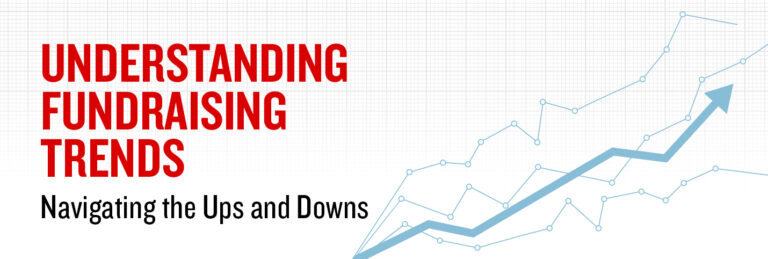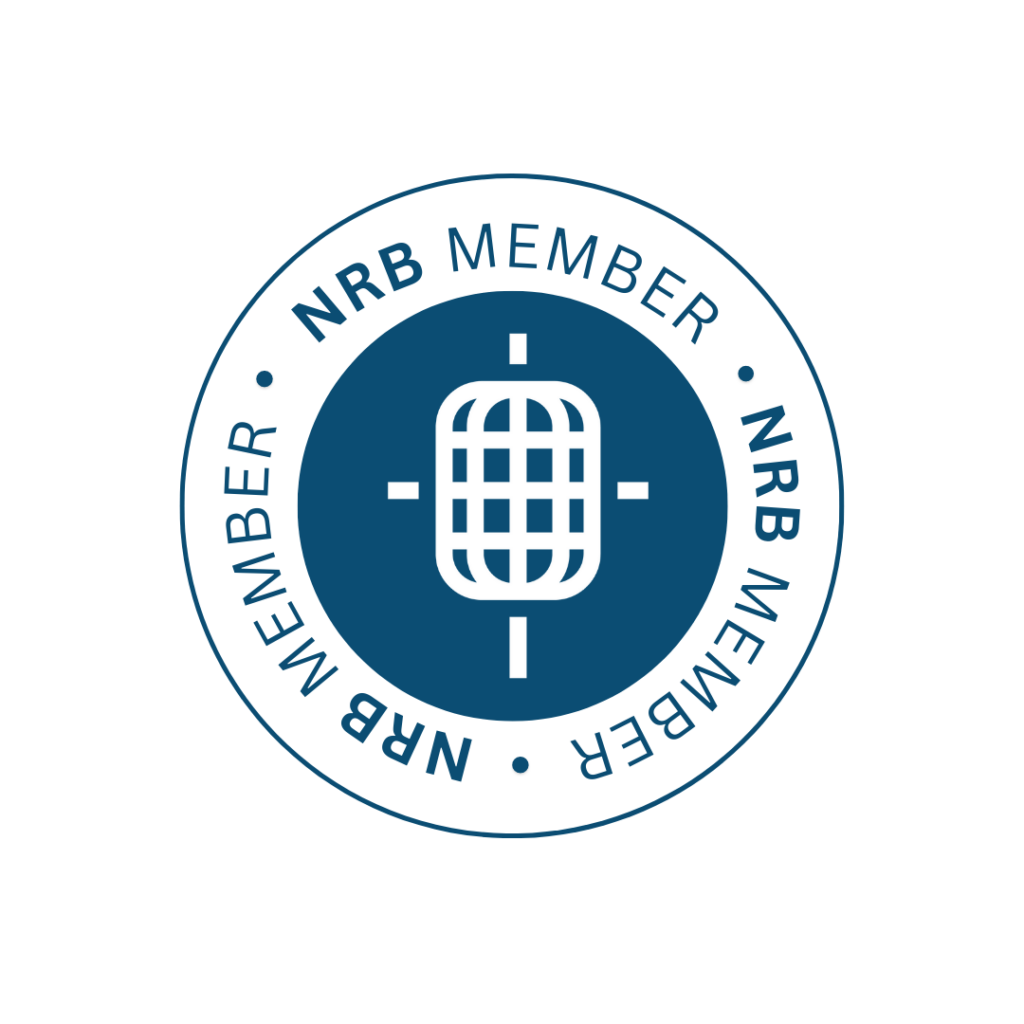My Donors are Getting Too Old, What Do I Do?
I first heard this comment in 1980, when I began my fundraising journey. I was sitting in the office of the president of a nonprofit. Seated around me was the president’s leadership team.
They were all concerned that our donor base was aging. They knew this because most of the checks coming into the organization had the telltale signs of shaky handwriting. Often, a note was written on a direct-mail reply device with a simple message, “I wish I could do more, but I live on a fixed income.”
I was new to the craft of fundraising and didn’t have a very satisfactory response. All I knew was I was being told to develop a strategy to acquire younger donors, so the organization could continue in the fulfillment of its mission.
I left the meeting scratching my head and thinking, “What do I do now?” So I set about the task of trying to identify younger donors who would contribute to this worthwhile cause.
Al Gore hadn’t invented the internet yet, so I didn’t have the advantage of going online to conduct my research. So I subscribed to all the fundraising trade journals I could afford and began reading books about marketing through the mail.
The more I read and listened to the sages of the industry, the more I wondered if it was even possible to identify younger donors. So, I contacted a few list rental companies and they assured me that they could provide me with just about anything I wanted. Some of the more experienced list brokers questioned why I was pursuing younger donors, since most successful nonprofits were requesting to rent lists of people who were women aged 55 or older.
As I have stated, I was just beginning my journey in fundraising and to my thirty-year old brain, I couldn’t get my head around trying to motivate women who were my mother’s age to give. To make matters even more confusing, I was a child of the 60’s and we had been taught to “never trust anyone over thirty.” So, I decided I would try to acquire new donors who were in their 20’s and 30’s. Alas, I found that most of my contemporaries weren’t interested in our mission.
So, I decided to test mailing to women who were indeed my mother’s age. What a response! They actually liked us! Their response rate was 10 times that of people in my age group. It just didn’t make any sense to me. I wanted to think that people my own age were more enlightened and engaged activists. It offended my sense of “coolness.” You know the feeling you have when you think your generation is different or even better than your parents’ generation? It was clearly a blow to my ego.
I still messed around for a while trying to activate people in their late 30’s and 40’s. But, the results were only slightly better than people my age or younger. So I had a decision to make – obey the president and his leadership team, or acquire new donors who wanted to give to our organization so we could help care for hungry and poor people throughout the world.
When I shared my findings with the leadership team, they were delighted with the response from the older donors, but left the meeting muttering something about still needing to “find the secret” to getting younger donors to give.
Well, fast forward to today. I’ve turned 60 (whew) and you know what? This same organization is still meeting the needs of people all over the world. Their direct mail donors are still sending in their checks with shaky handwriting and still apologizing for not being able to do more. Some of the donors now give online, (thank you Al!) but for the most part, the giving just continues. Most of the new donors they acquire each year are still 55 and older females and the leadership is still saying, “Our donors are getting too old, what do we do?”
This is certainly not an isolated incident. I spent three years with this great organization and then moved on to become a fundraising consultant. To this day, after serving hundreds of nonprofits, I still hear this question being asked.
Now, when nonprofit executives tell me their donors are getting too old, I reply, “Great! These are the people who have the most disposable income. Their houses are paid for, their children are out of college, they’ve purchased the big things in life, and are looking to improve the world.” The nice thing about old people is that God is making more of them, and they’re living longer!
Related articles
-
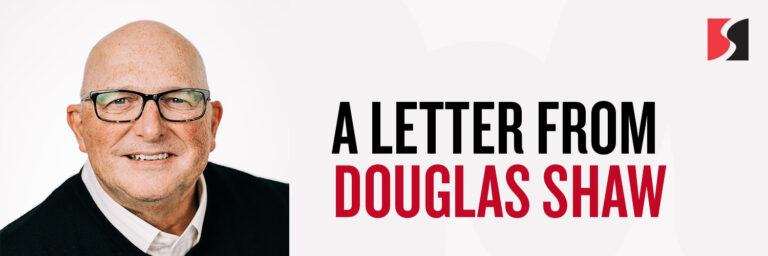
What to Think of Artificial Intelligence and Its Impact on Fundraising . . .
In trying to summon an image to represent our theme for this issue of Donor Focus, I found myself drawn…
-

Fundraising Meets Artificial Intelligence
In this article, we’ll explore the captivating realm of AI-powered fundraising efforts—the boundless benefits and intriguing challenges that arise when…


